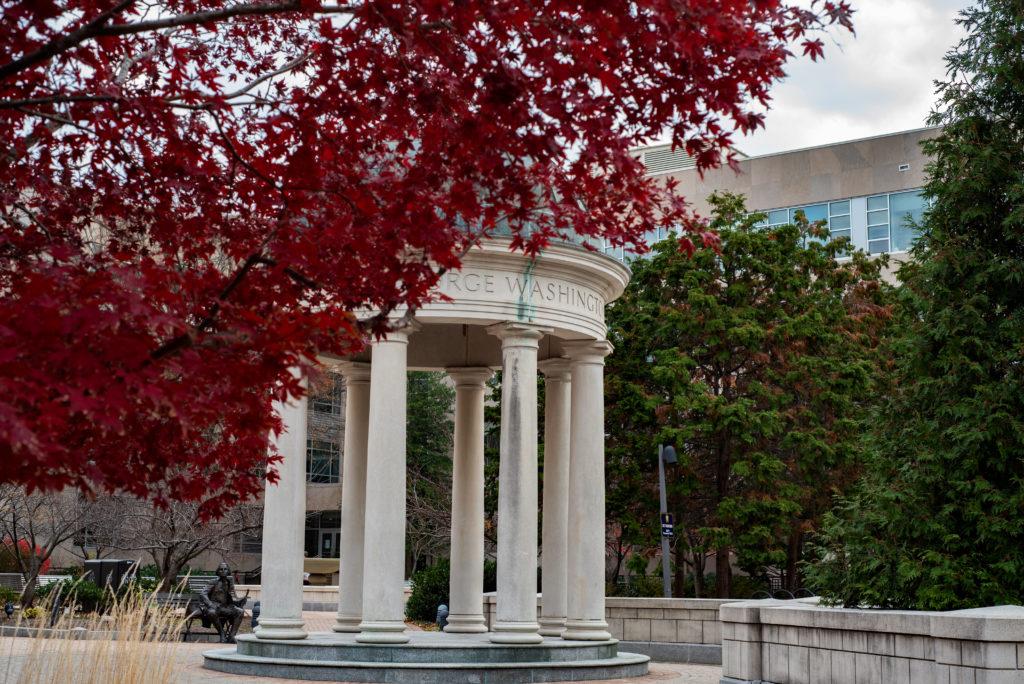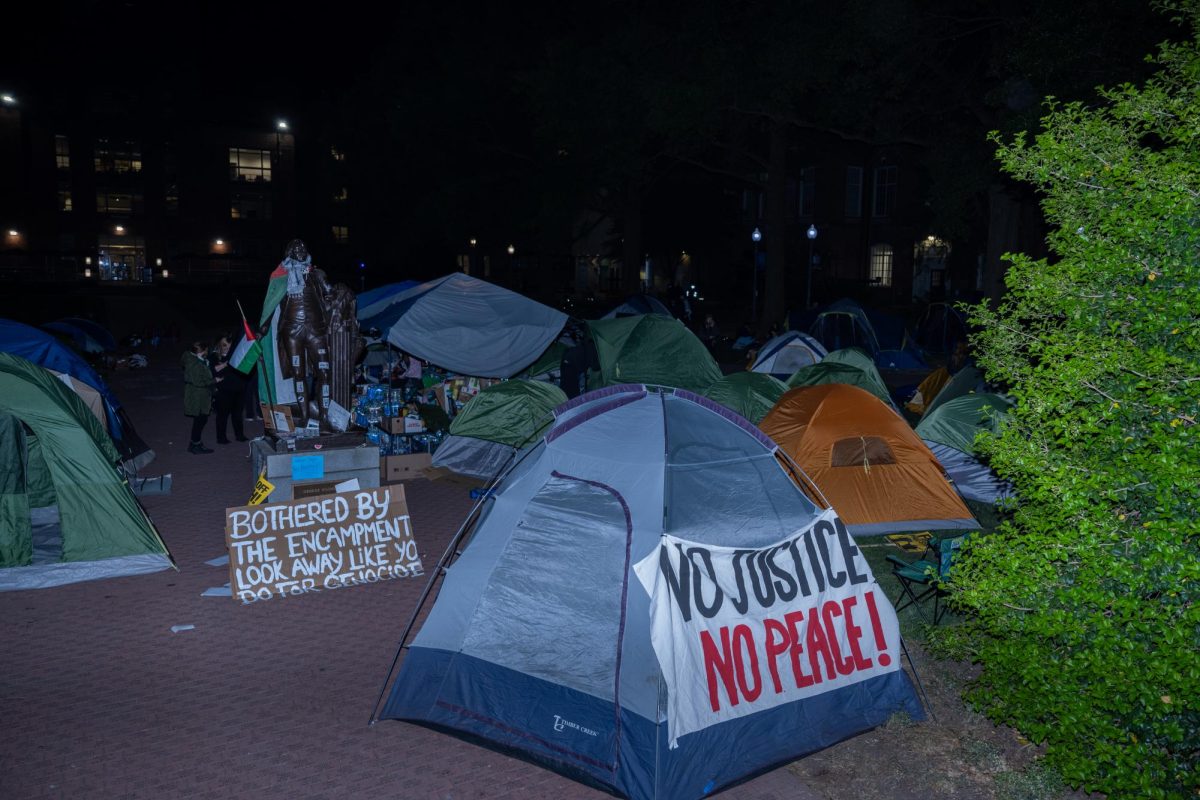A federal appeals court revived a lawsuit Tuesday that demands tuition refunds from the University to repay families for the second half of the spring 2020 semester when classes turned online for the first time during the pandemic.
Mark Shaffer, a parent of a female student, filed the lawsuit in the D.C. District Court in 2020 to call on the University to partially refund his daughter and all other students who paid for “tuition, fees and/or room and board” in the spring 2020 semester. The U.S. Court of Appeals for the D.C. Circuit reversed the D.C. District Court’s March 2021 dismissal of Shaffer’s requests for tuition and course fee refunds and returned the case – which includes a similar lawsuit against American University – to District Court, according to court documents.
The ruling, written by Judge Harry Edwards, will require the District Court to reconsider whether the universities’ failure to distribute tuition refunds after the transition to online learning constitutes a breach of contract. Edwards also directed the District Court to reconsider whether the universities unfairly profited from lower operational costs during online learning in a reversal of its earlier dismissal.
“There is much in the record to suggest that the Universities did the best they could to protect and advance their students’ educational interests,” Edward wrote. “But determining whether the transition to online learning resulted in a net enrichment to GW and American is a fact-intensive question inappropriate for resolution at the motion-to-dismiss stage.”
In his 26-page opinion, Edwards said the District Court dismissed the breach of contract allegations too quickly before the universities could address them.
“The universities will likely have compelling arguments to offer that the pandemic and resulting government shutdown orders discharged their duties to perform these alleged promises,” Edwards said in the opinion. “However, because the universities have not raised any such defense before this court, we leave the issue to the District Courts to resolve in the first instance.”
Shaffer’s initial complaint called on officials to deliver refunds for course fees from laboratories and materials that students could not access during remote classes. The appeals court dismissed Shaffer’s request for a Student Association fee refund because it is not inherently tied to “on-campus services, activities and programs.”
Shaffer’s attorney, Daniel Kurowski, said he was “pleased” with the appeals court’s decision to reverse the dismissals, and he looks forward to continuing his efforts to represent students who claim to have received a lower-quality education with remote classes during the pandemic.
“The D.C. Circuit correctly reversed the lower courts’ dismissal and agree with the panel’s conclusion that the lower courts erred in dismissing breach-of-contract claims and implied promise to provide on-campus services, activities and in-person education in exchange for tuition and fee payments,” he said in an email.
University spokesperson Crystal Nosal said the University transitioned to online learning because of recommendations from public health experts and orders from the District to conduct remote learning in the spring 2020 semester. Nosal said the University will continue to plead its case in court in spite of the setback.
“While we are disappointed with the Court’s decision, we look forward to defending the case on its merits,” she said in an email.
Nosal also thanked faculty and staff who assisted students through the transition to remote learning during the early stages of the pandemic.
“We are thankful to our faculty, who worked hard to provide our students with a quality academic experience by distance, and to our staff for providing mechanisms for students to meaningfully engage with each other,” she said.
Sandra Rodriguez, a spokesperson for American University, said AU is reviewing the decision and will “continue to defend” American from the lawsuit.
Isha Trivedi contributed reporting.










